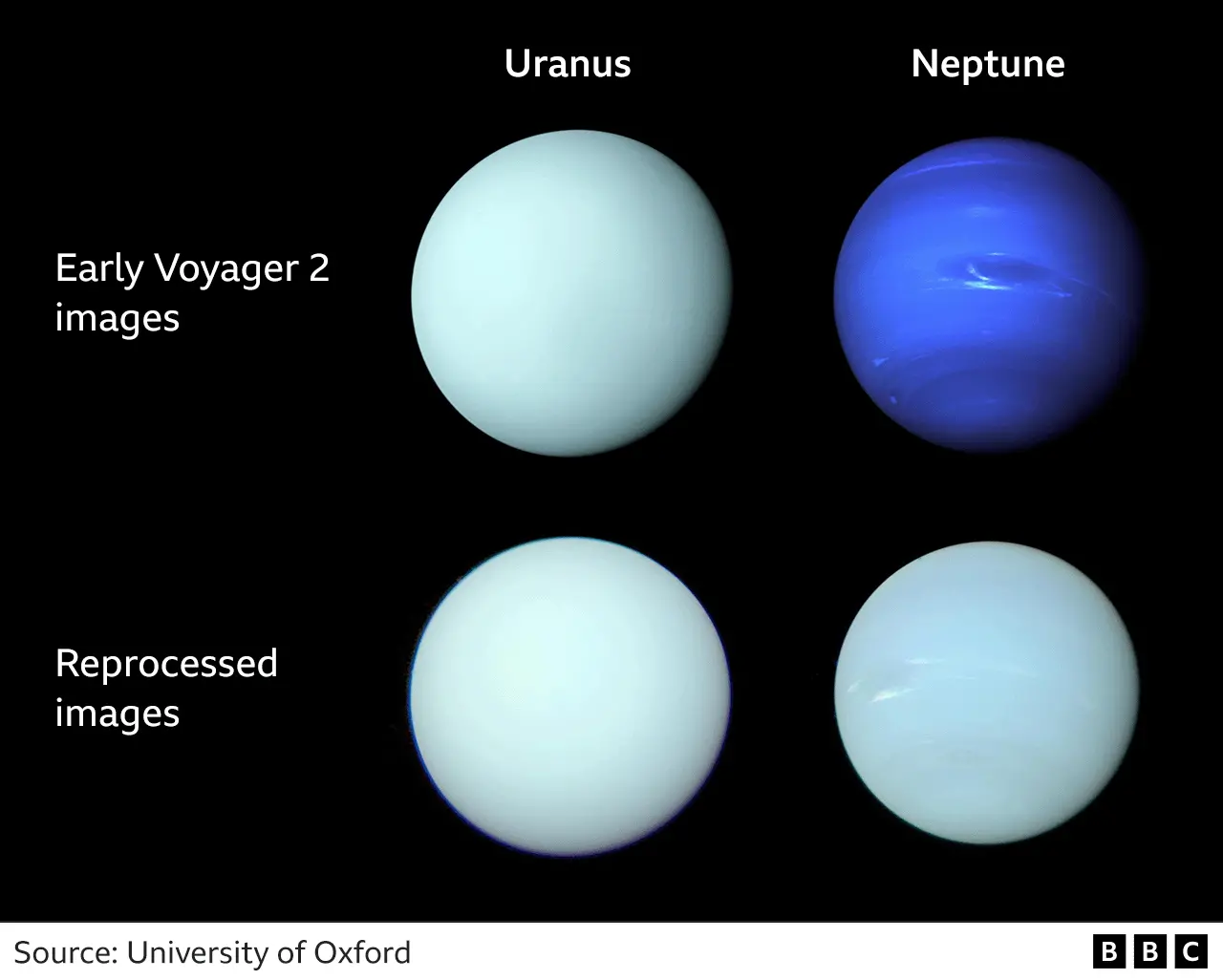Yeah, we need a branch of physics that turn existence into non-existence. Wait, weren't there some Infinity Stones?
Elephant0991
joined 1 year ago
100
Camera Catches Sighting of a Tiger with Cubs for First Time in 10 Years, Raising Hopes for Species in Thailand
(www.goodnewsnetwork.org)
which shall be now known as the pawtop.
Probably got some parachute built in.
That seems like a workout/endurance machine!
But look at his ears!
username checked out... 🤪
Yeah, it's freakish because everything looks all wrong.
Of course if you care to look carefully, and sometimes closely.
Smiling ain't gonna save ya!
Deeply discounted, yet with the satisfying conclusion that our external clients get! /s
"Don't even think about petting me."
126
This Golden Retriever is Nursing 3 African Painted Dog Pups at Indiana Zoo After Mother Abandoned Them
(www.goodnewsnetwork.org)
view more: next ›






Some problems do seem to belong under the rug. Out of sight, out of mind.